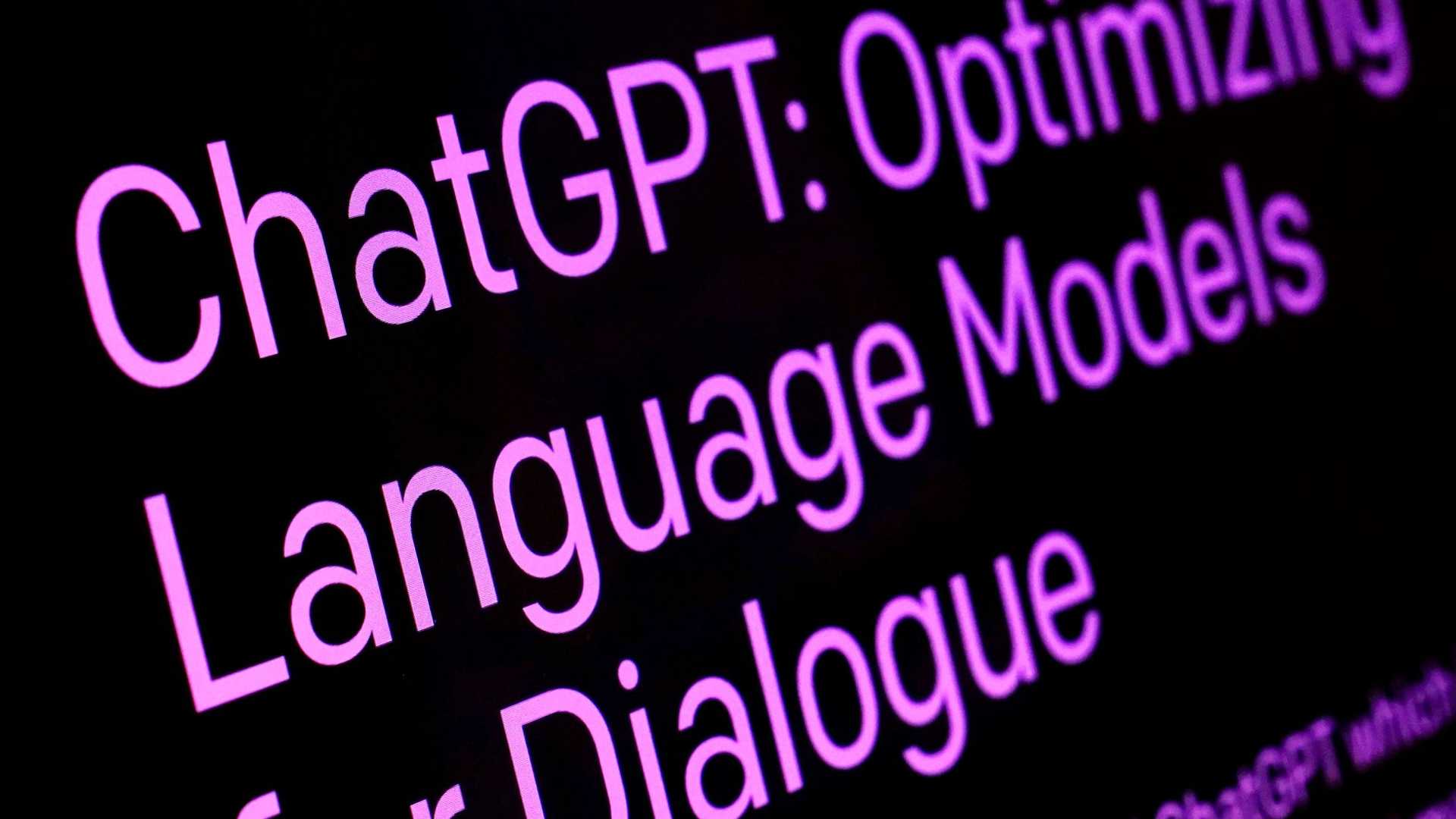Global leaders are struggling to keep up with the lightning-fast developments of Artificial Intelligence (AI) and the urgent need to regulate it. Proposals for new rules to govern AI are emerging worldwide, but the question remains whether these proposals can work together or not. With Chatbots and other AI tools becoming more human-like, there is growing anxiety worldwide over the need for new regulations to control AI. European politicians have called for new rules to govern generative AI, the technology behind ChatGPT and Google’s Bard. They have also called for a global summit to develop global standards for governing AI.
The Need for Global Harmonization of AI Rules
Countries have enacted diverse laws and rulebooks regarding the governance of AI. The rise of AI technology is erasing borders and becoming embedded across societies in ways that were previously unthinkable. Global leaders are grappling with the challenges that arise with the rise of AI technology, resulting in a real-time effort to create a global consensus. However, countries have different views on regulating AI, which has resulted in friction, and some countries want immediate government intervention before rolling out the technology, while others want to see how the market develops before stepping in. This friction has slowed down coordination on what should be done now.
Different Approaches to AI Governance
Most existing voluntary AI rulebooks have a lot in common, calling for greater transparency in decision-making, stronger data protection rights for people, and independent oversight of automated decision-making. They aim to give the general public greater clarity about how these systems work and to let people know when they are interacting with AI.
However, the EU's AI Act, which has been in political wrangling for more than two years, outlawed specific, poorly defined harmful use cases for the technology. The European Parliament is still finalizing its draft of those rules, and it will take several months or even years of negotiations before the legislation is complete. On the other hand, the United States, United Kingdom, and Japan prefer a more industry-led approach to give the technology a chance to grow.
The differences in approach mean that while most countries agree that accountability, transparency, human rights, and privacy should be built into AI rulemaking, what it looks like in practice varies widely. The challenge is that different countries are approaching AI rulemaking differently. The European Union mostly wants a top-down government-led approach to mitigate harms, whereas the U.S. would prefer an industry-led approach. China is also complicating matters with their fast-paced AI rulemaking, mostly to give the government final say over how the technology develops, based on national and economic security.




















